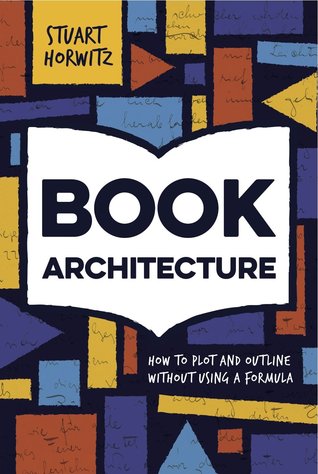
Finish Your Book in Three Drafts: How to Write a Book, Revise a Book, and Complete a Book While You Still Love It by Stuart Horwitz
My rating: 5 of 5 stars
I’m not gonna lie, when Stuart Horwitz approached me with a request to participate in the editing of his newest book, I may have squealed with unadulterated glee like the little fan-girl I am. I have been through this book a few times now and each time I find a new nugget of wisdom that I want to diligently squirrel away to reference during future projects. I already reference Book Architecture all the time in my work as a freelance editor. Now I’ll be adding Finish Your Book in Three Drafts: How to Write a Book, Revise a Book, and Complete a Book While You Still Love It to my “essentials” shelf.
Stuart’s break down of the process of building your manuscript is empowering; it’s freeing. You’re not bound to creating an outline or to following a linear path when you’re writing anymore. The tools he shares in this book (series grid, theme target, punch list) can help you make sense of the writing you have already done and be intentional about where and how you build and layer the significant moments as you continue to craft your manuscript.
And, bonus, Stuart’s book, Finish Your Book in Three Drafts, shows you how to know when you’re done, how to give yourself permission to put down the pen on a project.
The storytelling element of this particular volume makes it different from other books I’ve read on writing, outlining, and crafting your manuscript. Stuart’s pith and wit made the subject matter all the more enjoyable.
I highly recommend this book (and his other titles) to anyone who wants to develop their writing process, who wants to look at their craft differently, and who wants to finish their manuscript while they still love it.








